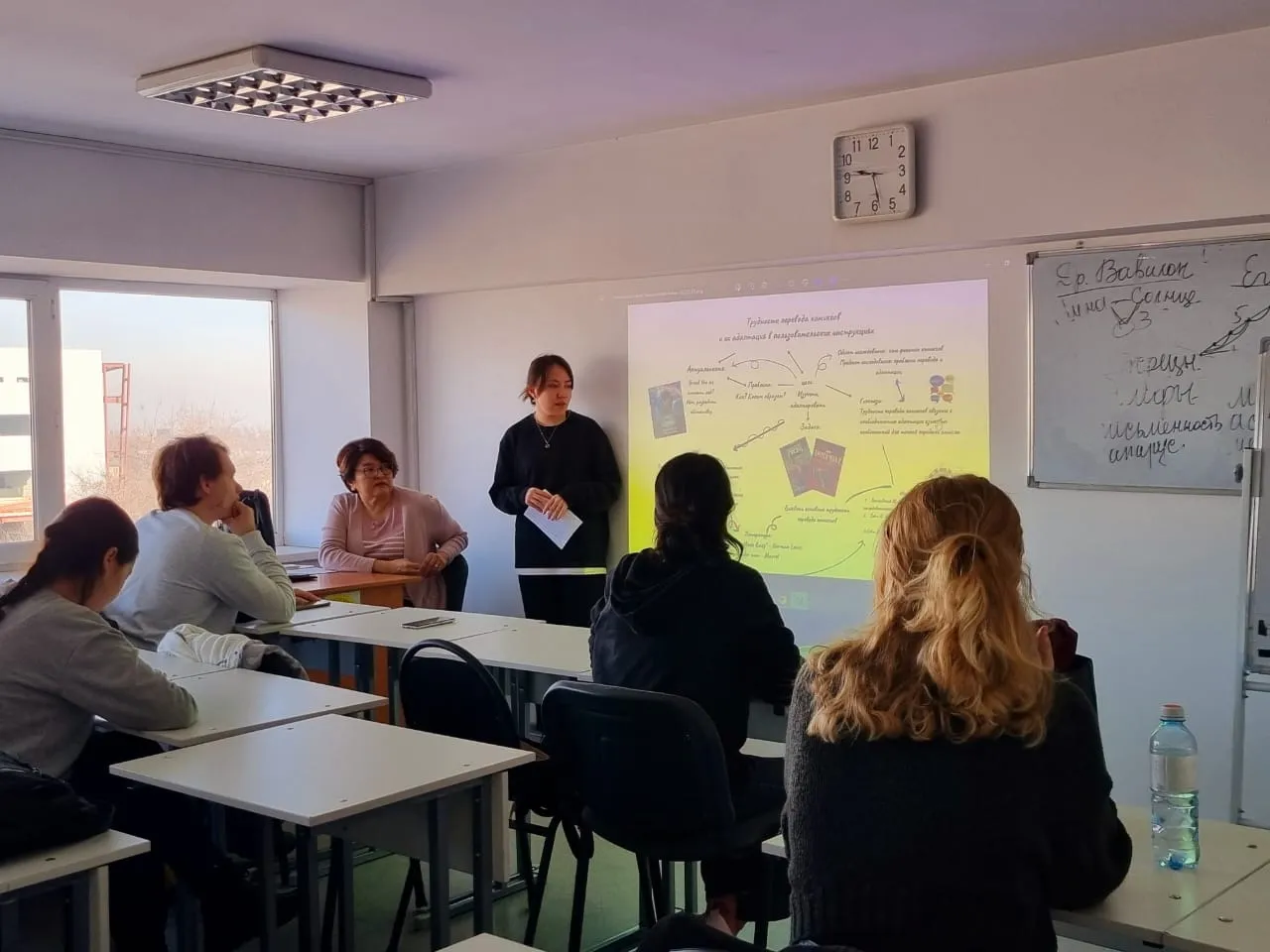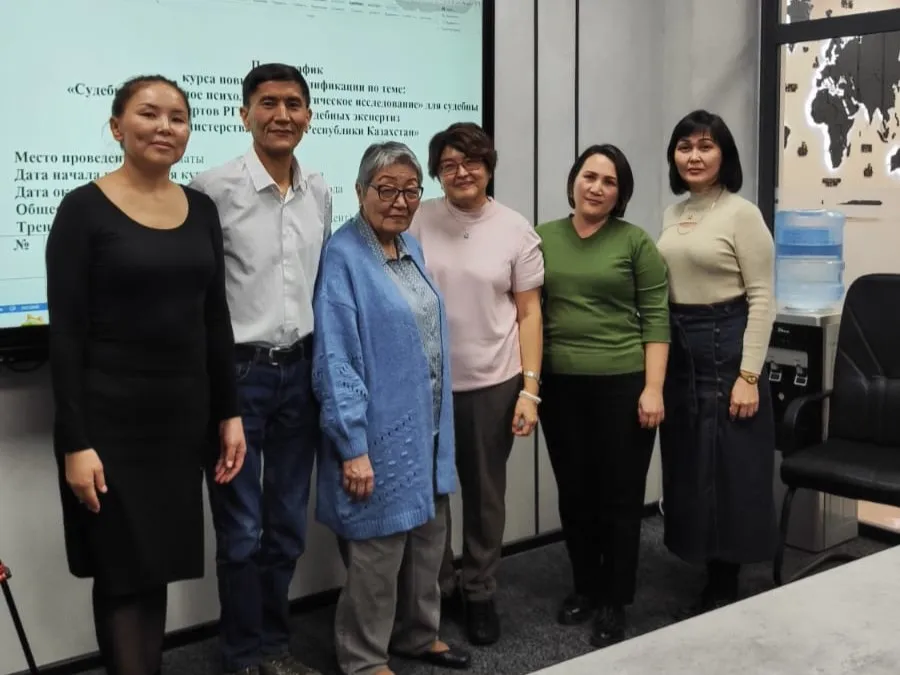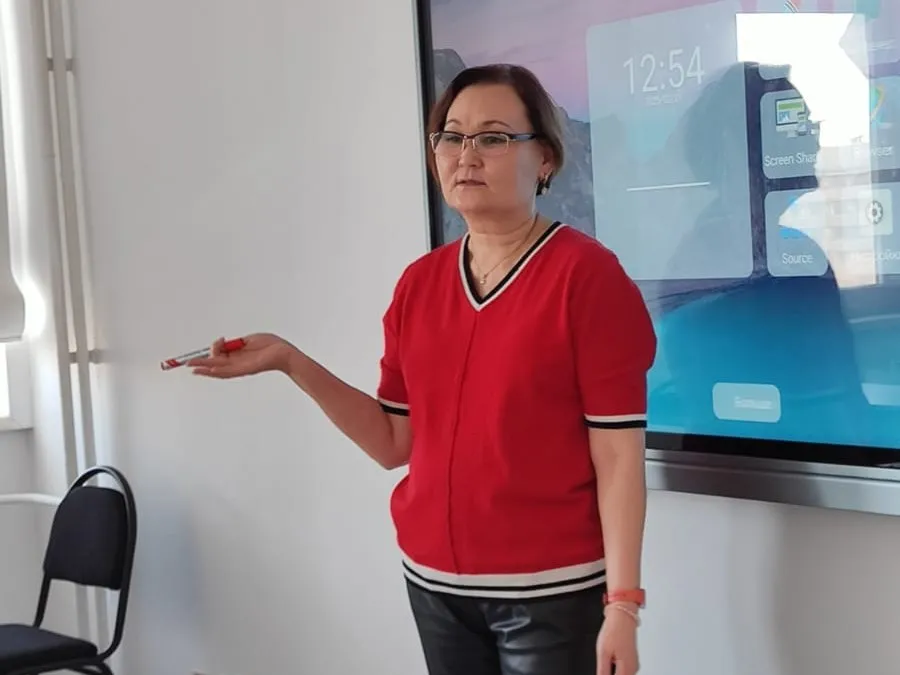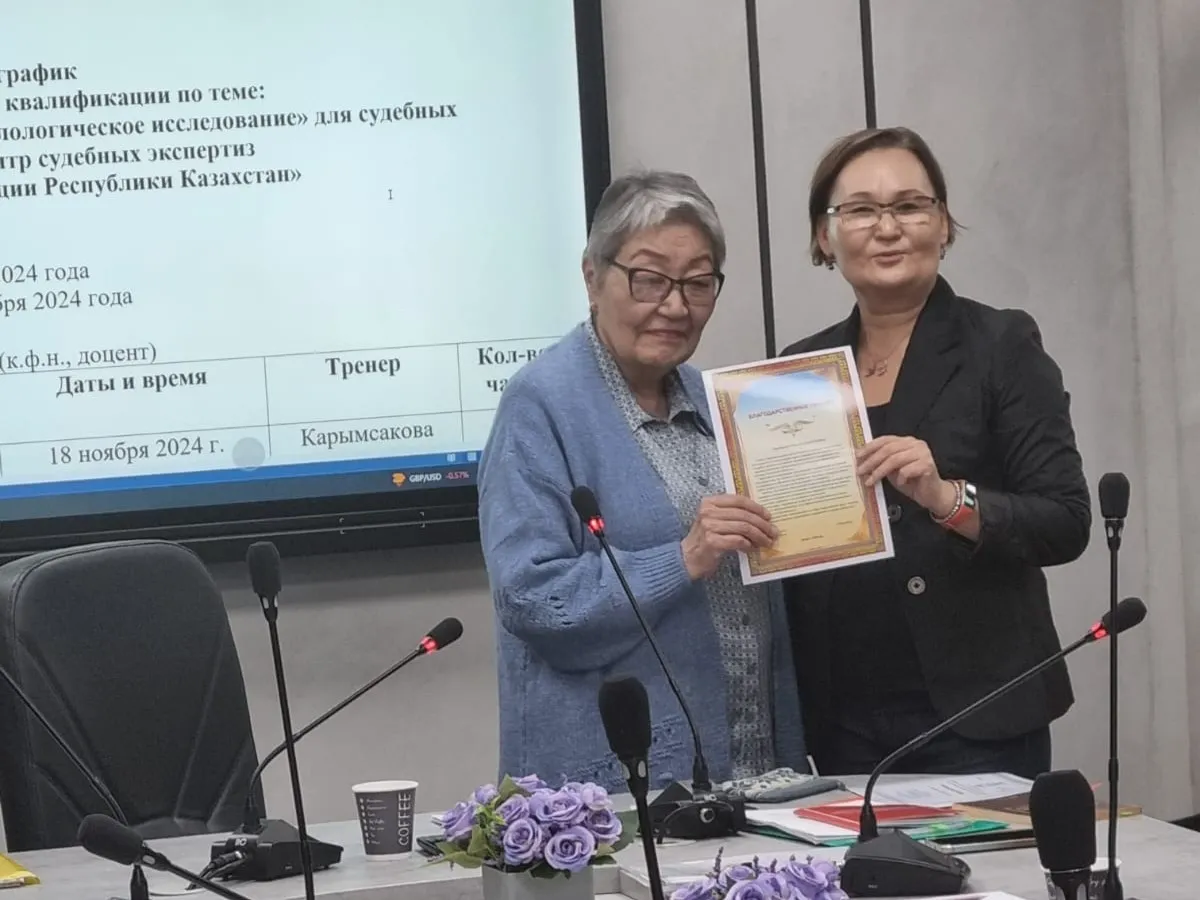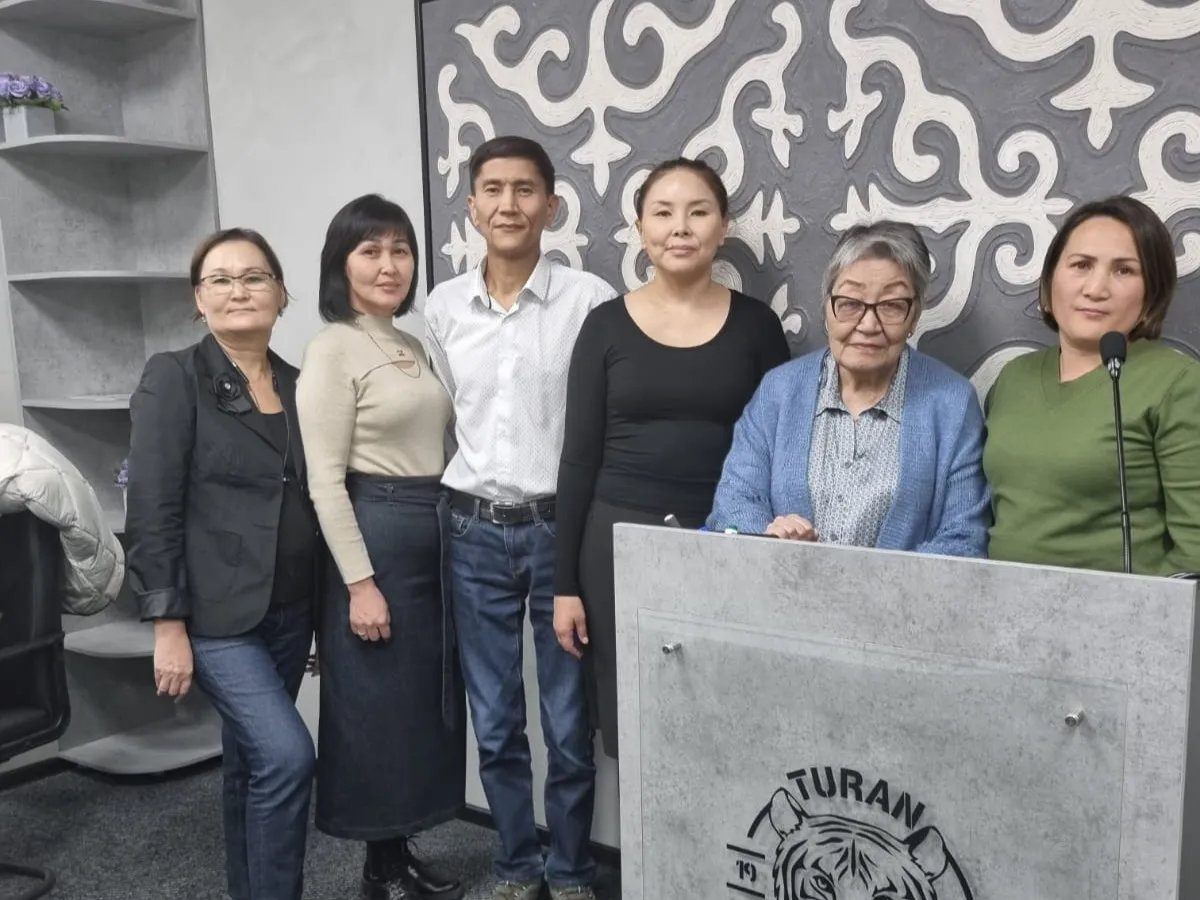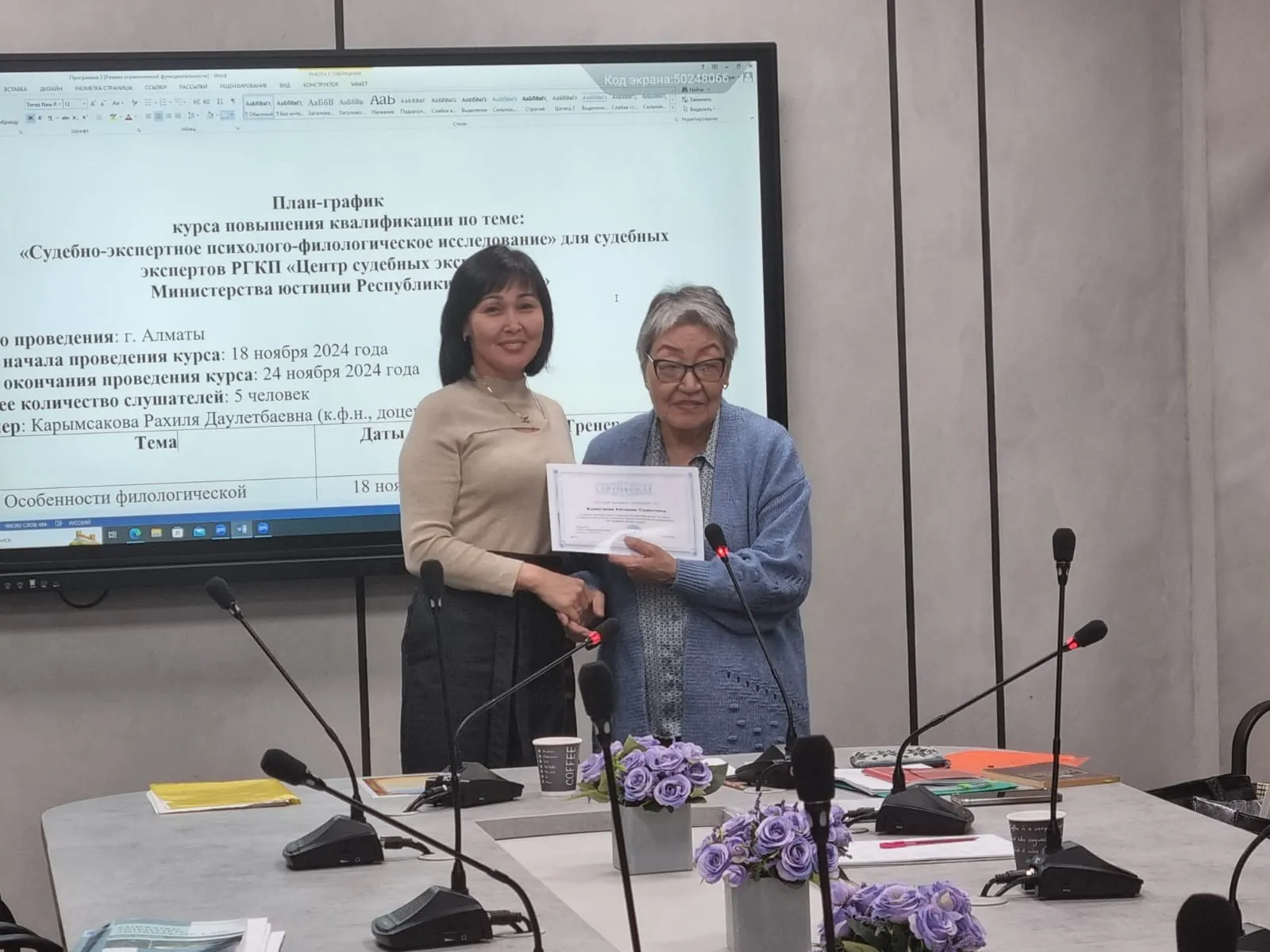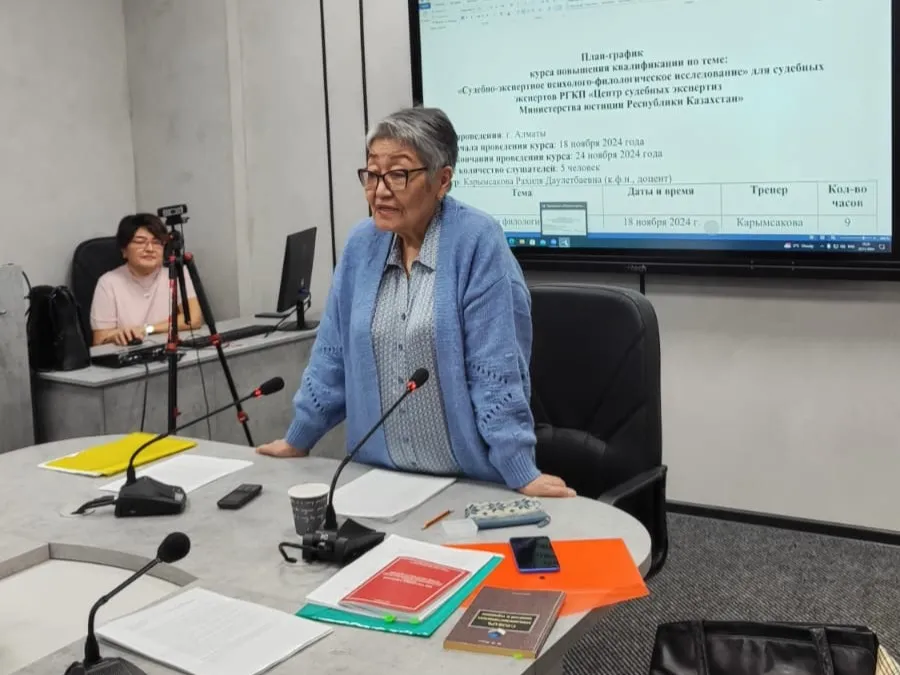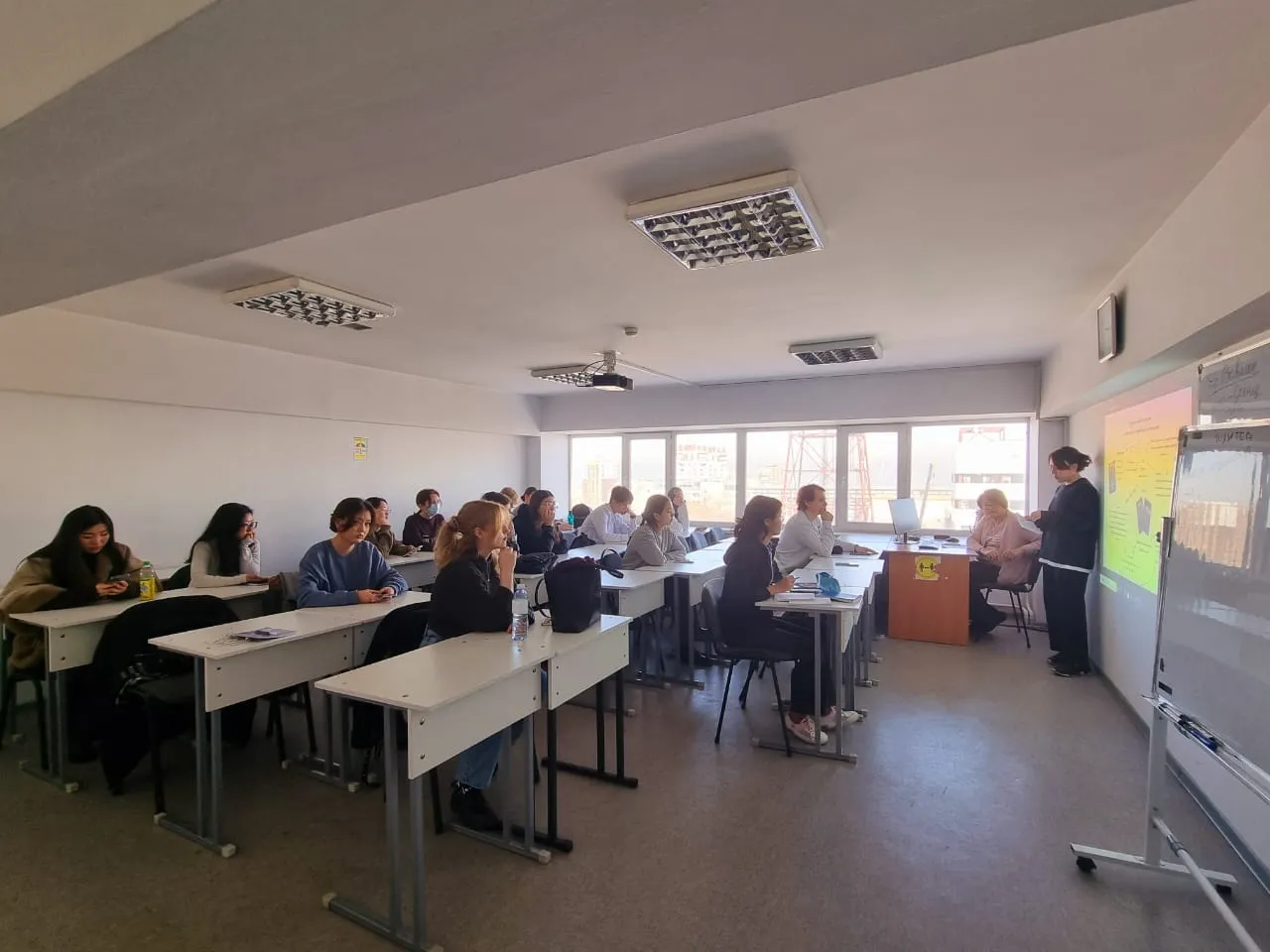Research Laboratory for the Study of Problems of Media Linguistics
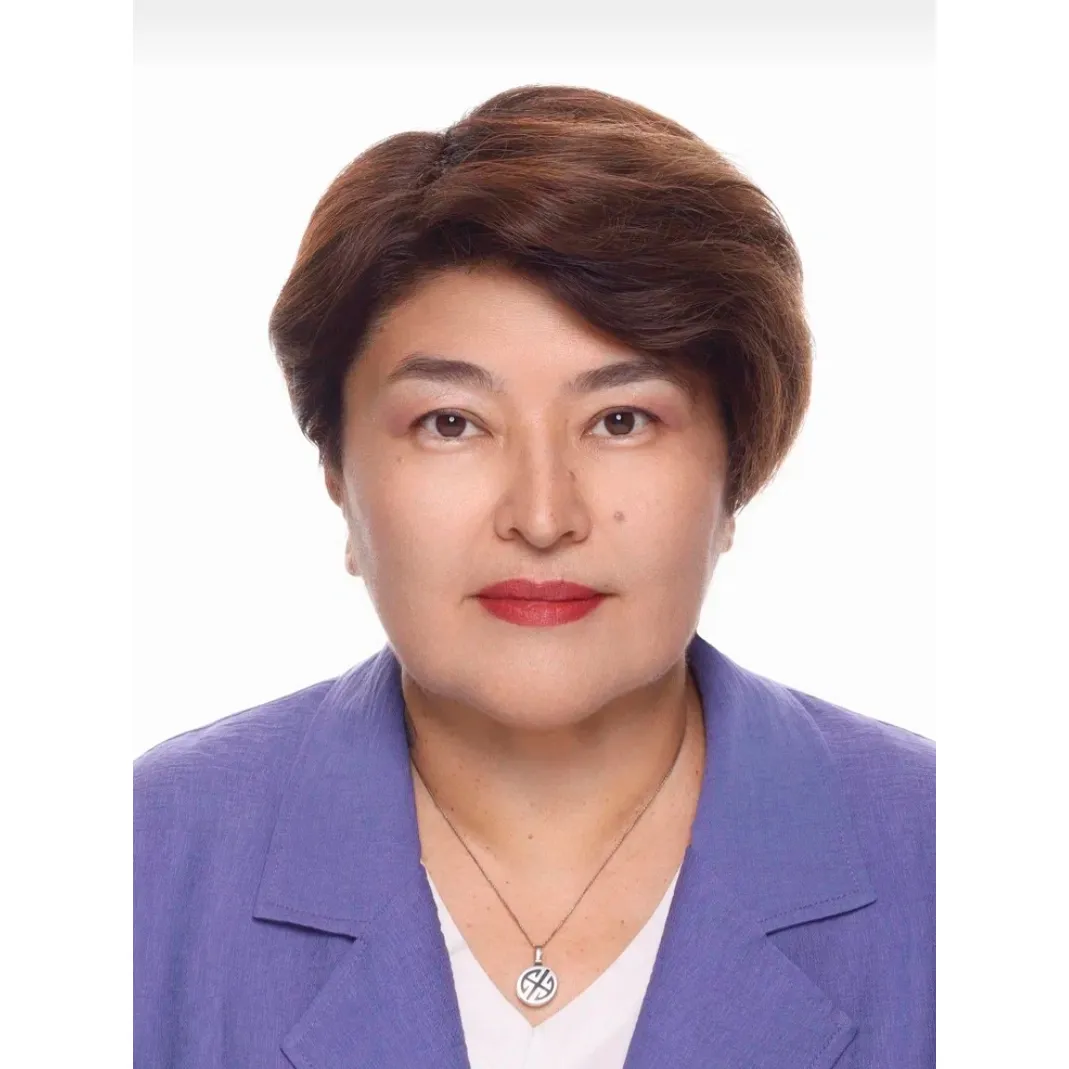
PhD in Philology, Associate Professor at the Higher School of Media and Intercultural Communication
Contacts: +7 (700) 725-60-08
E-mail: n.tomanova@turan-edu.kz
The goal of the research laboratory is to conduct applied scientific research on verbal aggression, implement the results of scientific research activities, and perform philological examinations under contracts with clients on both paid and free bases.
AREAS OF ACTIVITY:
- Educational (training sessions for journalists, students, and other interested parties);
- Scientific (internships for master’s students, development of linguistic expertise methodologies, research, and project activities).
The Journalism educational programs (bachelor’s and master’s degrees) include the subjects “Linguistic Security of Media Texts,” “Linguistic Conflict Studies,” “Verbal Aggression and Speech Manipulation.” As part of these courses, students, under the guidance of experienced practitioners from the research laboratory, analyze published articles and learn to write their own texts correctly from the perspective of “hate speech.”
Master’s students in the Journalism program have the opportunity to intern at the laboratory, where they analyze dissertation materials in terms of their “conflict potential” and develop event plans in this area. These skills help them not only create ethical content but also engage in educational activities alongside students, organizing open seminars, round tables, training sessions, and master classes on current topics such as “The Journalist as a Mediator,” “Provocateurs on Social Media,” “Legal Culture in the Media,” “Bullying in the Media Space,” and others.
Annually, 15–20 judicial and extrajudicial philological examinations of informational materials and expert conclusions are conducted, involving philologists from the Higher School of Media and Intercultural Communication, including R.D. Karymsakova, K.Z. Jappar, N.M. Tomanova, A.K. Altaeva, A.S. Buzelo, and others.
The results of scientific research are published in international conference materials, manuals, reference books, and practical guides, which are in high demand among specialists and journalists.
SERVICES OF “TURAN-LINGUA”:
- Consulting on verbal aggression;
- Philological expertise of disputed texts;
- Master classes, seminars, and training sessions for students, journalists, and bloggers;
- Advanced training courses for judges, lawyers, and forensic experts.


